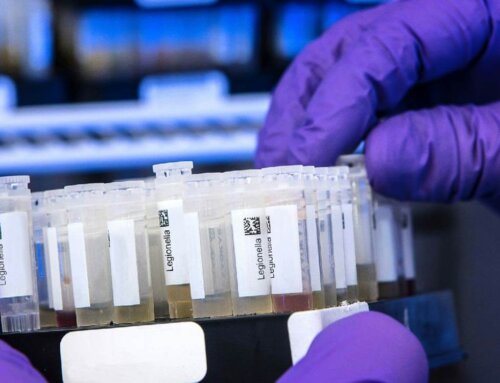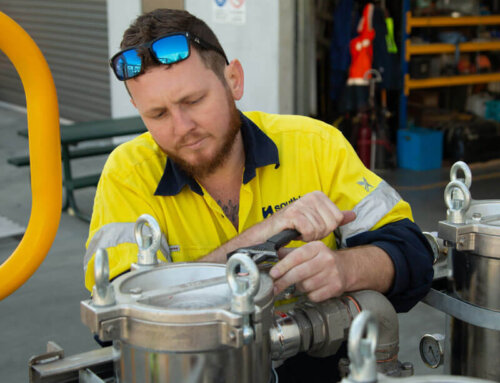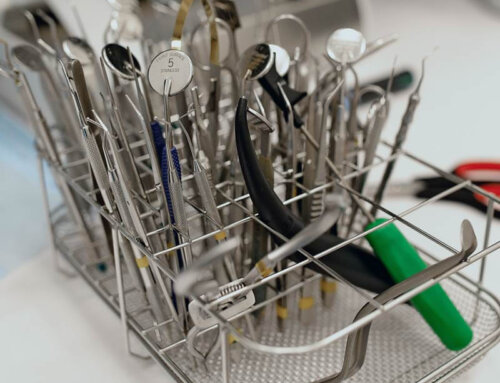Date: 15/05/2024
Read Time: 15 minutes
Author: Dr Surani McCaw, B.E. (Chemical), Ph. D.

Key points:
This white paper examines the importance of final rinse cycles in washer-disinfectors (WDs) for reprocessing medical devices, emphasising the need to remove residual chemicals and contaminants to ensure safe device reuse. It discusses how the stages of final rinse cycles can vary based on WD type but the ultimate aim is to achieve device cleanliness. The paper highlights the significance of high-quality final rinse water in preventing recontamination of medical devices and ensuring patient and staff safety.
Testing for residual chemicals, such as Glutaraldehyde (GDA) in endoscope reprocessing, is deemed essential and aligns with ISO standards. Design challenges including supply water quality, single-point design, detergent chemistry, and temperature control are evaluated, with a focus on implementing water treatment processes that are fit for purpose.
Introduction
It’s interesting to note that despite being a standard practice in healthcare settings for over a decade, the term “Final rinse water” still lacks a comprehensive understanding of its application and significance. This highlights a potential gap in knowledge regarding its role in ensuring equipment performance, longevity, and ultimately, patient well-being.
Final rinse water is a critical component in the reprocessing of surgical instruments and endoscopes, serving to remove residual chemicals and contaminants after the cleaning and disinfection processes. However, its importance may not be fully appreciated or understood by all stakeholders involved in healthcare settings.
To address this gap, further research and education are needed to elucidate the role of final rinse water in achieving optimal equipment performance and maintaining patient safety. This includes studying its impact on equipment longevity, its effectiveness in removing residual chemicals, and its contribution to overall patient well-being.
By increasing awareness and understanding of the importance of final rinse water, healthcare practitioners can ensure that reprocessing procedures are carried out effectively, thereby minimising the risk of contamination and promoting better patient outcomes.

Interested in reading more? Enter your details to download the white paper




